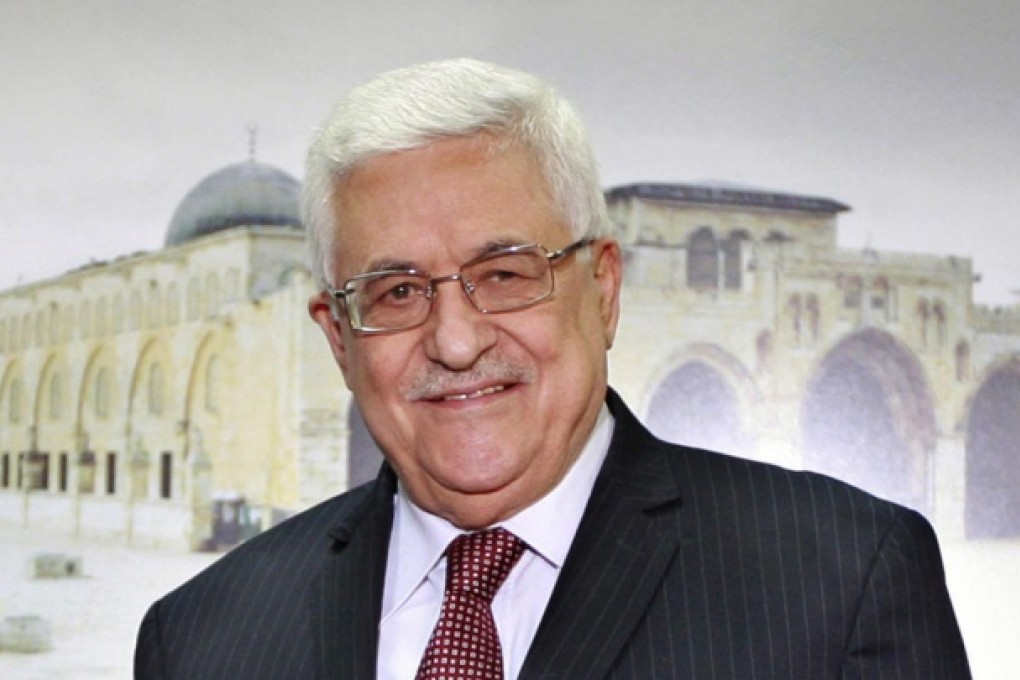Abbas arrives in Beijing for state visit
Middle East in limelight as Palestinian leader and Netanyahu hold talks with leaders

Palestinian president Mahmoud Abbas arrived in Beijing yesterday for a state visit, with Israeli Prime Minister Benjamin Netanyahu also set to meet Chinese leaders later this week.
Abbas heads back home tomorrow, while Netanyahu is due to arrive in Shanghai today for two days and then visit Beijing until Friday.
Abbas said he planned to update Chinese leaders about obstacles to Israeli-Palestinian talks and ask them to "use its relationship with Israel to remove the obstacles that obstruct the Palestinian economy".
Of his overlapping visit with the Netanyahu, he said: "It is a good opportunity for the Chinese to listen to the both of us."
Netanyahu is expected to reiterate his concerns over Iran's nuclear programme with the Chinese leadership . "We hope the visit serves to upgrade the level of co-operation between the two countries," Netanyahu spokesman Mark Regev said.
The two countries established diplomatic ties in 1992, and the last Israeli premier to visit was then-prime minister Ehud Olmert, in 2007.